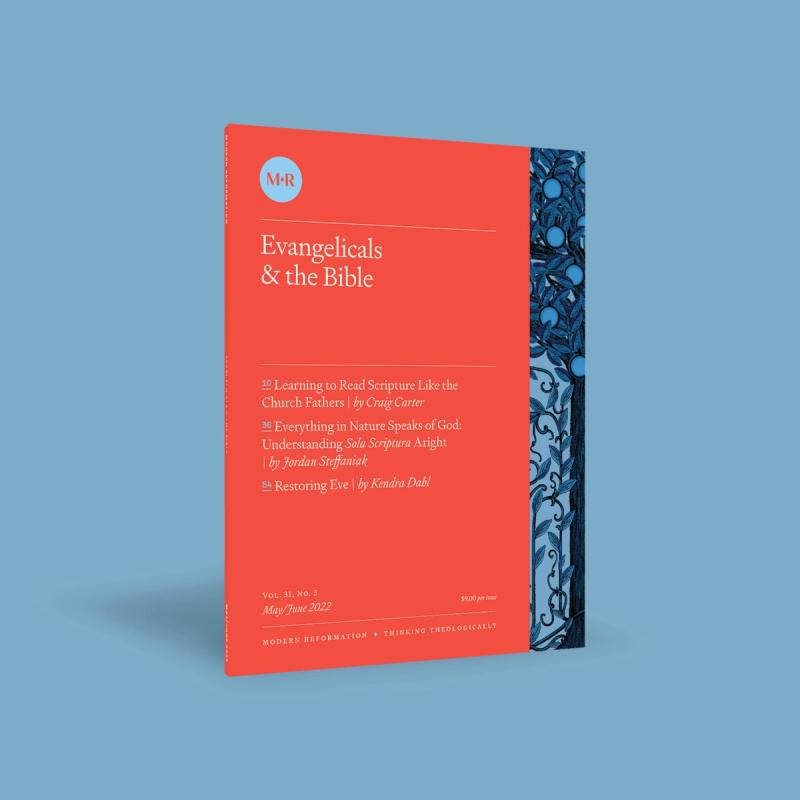From early on, Christianity has been “a religion of the book.” Writing in the latter part of the second century, Irenaeus claimed:
We have learned from none others the plan of our salvation, than from those through whom the Gospel has come down to us, which they did at one time proclaim in public, and, at a later period, by the will of God, handed down to us in the Scriptures, to be the ground and pillar of our faith. (Against Heresies, III.I)
For, as Augustine would write a couple of centuries later,
Among the things that are plainly laid down in Scripture are to be found all matters that concern faith and our manner of life, namely, hope and love. (On Christian Teaching, II.ix.14)
Of course, Christianity has always been a religion of “the book” because it is foundationally a religion of the Word: that is, the Word made manifest in the flesh, the Word spoken of by the prophets, and the Word proclaimed by the apostles. Christianity is a religion of “the book” insofar as its book is the testimony of the prophets and apostles to that final Word of God to us: his Son, Jesus Christ. Christianity is a religion of the book, and this is as it should be.
Being a religion of the Bible, however, has brought attendant difficulties in the history of evangelical Christianity. Maintaining the perfection and authority of the Scriptures—as the church has done from its beginning—has meant that the church has often had to deal with human attempts to consign that authority to themselves, stamping their own thoughts, opinions, lifestyles, and so on, with supposedly biblical warrant. Maintaining the perspicuity of Scripture—as the church has done from its beginning—has in every generation run up against issues of personal and private interpretation. Who indeed has the final say on what the Scriptures teach? Clergy? Scholars? Councils? Laypersons?
Throughout the history of evangelicalism, these difficulties have variously played themselves out time and again. This is not to name a fault but to describe a fact. Difficulties do not always mean problems but rather challenges that summon us to careful attention—which is exactly what we are doing in this issue of Modern Reformation.
First, in our Retrieve section, Craig Carter asks what we can learn from the church fathers about reading the Bible. Then in our Converse section, Jordan Steffaniak addresses concerns with an approach to the Bible often called “biblicism.” Next, we hear from Timothy Larsen on his recently edited volume on the history of evangelicals and the Bible, Every Leaf, Line, and Letter. Finally, in our Persuade section, Kendra Dahl looks at translations of Genesis 3:16 as a case study for addressing issues related to evangelical women and the Bible.
“Forever, O Lord, your word is firmly fixed in the heavens,” the psalmist declares in Psalm 119:89, and then he prays, “Give me understanding according to your word.” So, too, we at MR pray for understanding as we take up these various topics in this issue. We are and must remain creatures of the Word. We are also sinful creatures who must be sanctified by the Word. As you read this issue, pray with us toward that end.
Joshua Schendel Executive Editor







